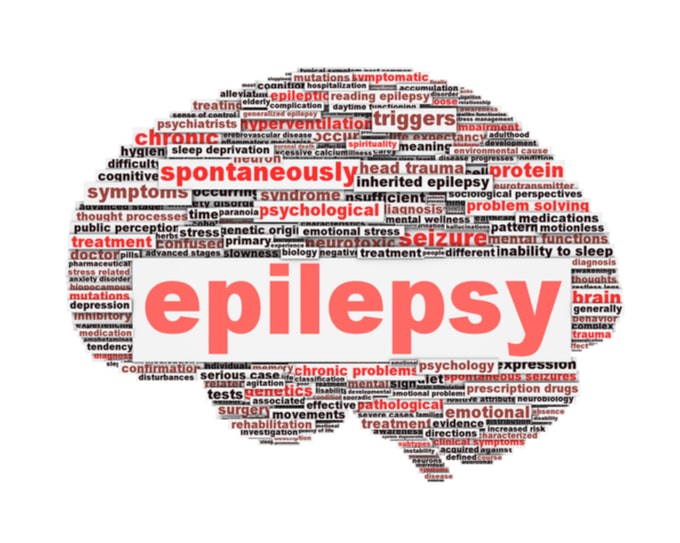
Kinetic diet plans are healthy food plans that consist of whole food products, higher concentration of fiber rich vegetables, low intake of carbohydrates foods and general consumption of health oils and fats that consist mainly of olive oils, avocado oils, coconut oils. Gene alteration occur in the brain as a result of diet changes that result to curbing of neurons that cause seizures.
A classic and ideal kinetic diet example consist of 70% fats, 20% proteins and 10% carbohydrates. Cream cheese pancakes made from cream cheese, eggs, cinnamon and stevia is a typical example of a kinetic diet breakfast plan. An ideal day’s meal menu can include hard boiled eggs for breakfast, Tuna salad made with well sliced cabbage for lunch, Cheese burger added extra fat, vegetables salad, and fried beans and to finish with a snack made from buttered egg.
A kinetic diet for epilepsy ensures that carbohydrates are substituted for fat metabolism in the body, and mostly ketones produced in the liver are utilized in energy production. This diet containing higher ketone levels helps control seizures that are associated with epilepsy patients.
The kinetic diet for epilepsy allows for more fats and more proteins hence more variety. Fat sources are naturally obtained that are healthy to consume, and can be supplemented by other chained oils or emulsions, that can be added to foods.
Due to hunger cravings that may occur due to the kinetic diet, proper snacking in between scheduled meals is deemed appropriate, this may include consuming fruit salad, chicken salad, coconut chips etc.
Fruits and vegetables play a vital role in the kinetic diet plan therefore careful selection of fresh fruits and greens ranging from broccolis, tomatoes and onions. Restrictions for consumption of processed products and unhealthy fats are highly encouraged to regulate carbohydrates levels consumed. This kinetic diet for epilepsy tries to examine the role of carbohydrates in its functions in the body.
Foods that may lead to energy shoots should be avoided completely to reduce calories consumption, this include chips, high sugary foods, white breads that are not wholesome (brown), cooked or boiled potatoes, honey and any generally processed and manufactured food products.
Diet monitoring and strict following the nutritionist instructions will work effectively to ensure progress is reached in the long run. Weight loss is an expected outcome that is accompanied with consumption of a keto diet for epilepsy.

